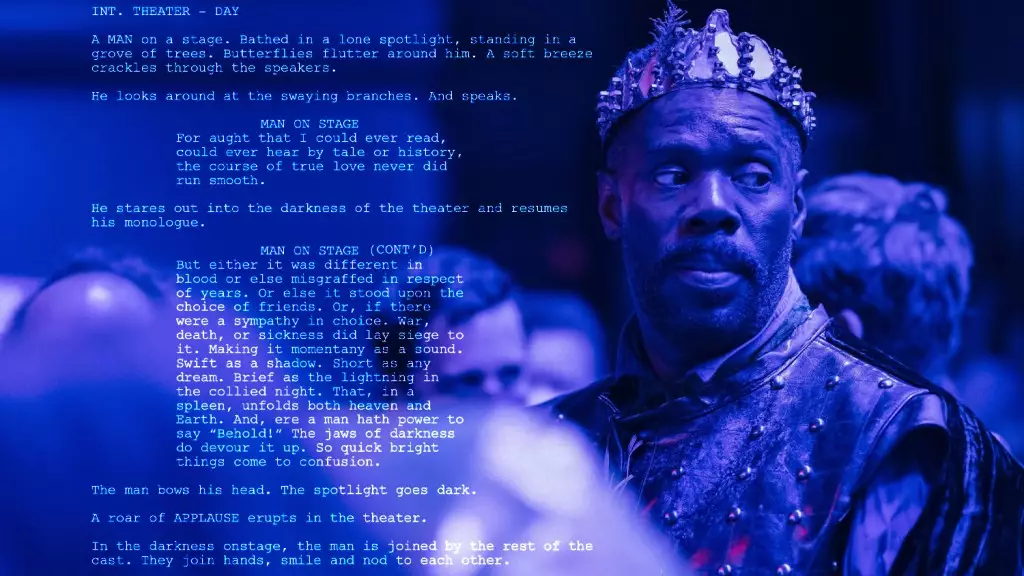*Sing Sing*, a film featuring the talent of Colman Domingo, unlocks narratives within the correctional environment by putting the spotlight on the transformative power of the arts. Directed by Greg Kwedar and produced by A24, the movie draws inspiration from the life of John “Divine G” Whitfield, a man wrongfully imprisoned who discovers a pathway to personal redemption and purpose through theater. The film serves as an exploration of not only an individual’s journey but also the broader implications of artistic expression in the prison system.
The Power of Rehabilitation Through the Arts
At its core, *Sing Sing* is rooted in real-life experiences, particularly via the Rehabilitation Through the Arts (RTA) initiative, which has actively operated in the New York prison system since 1996. What sets RTA apart is its unequivocal commitment to reducing recidivism rates; with less than 3% of its participants returning to prison compared to the national average of 60%, the program demonstrates the efficacy of art-focused rehabilitation strategies. By incorporating drama, music, and other forms of artistic expression, participants gain a sense of community and the strength to envision a life beyond their current circumstances.
Connecting Audiences with Authentic Narratives
The film captures the essence of the incarcerated community and offers a raw portrayal of life behind bars. Leslie Lichter, interim director of RTA, describes *Sing Sing* as “a powerful film that captures the incarcerated community and life in prison uniquely and authentically.” This sentiment resonates throughout the film, as it prioritizes genuine storytelling over sensationalism, allowing audiences to empathize with the complex layers of each character’s experiences.
The contributions from Whitfield, Maclin, and screenwriters Greg Kwedar and Clint Bentley further enrich the film’s narrative by intertwining their lived experiences with cinematic representation. Their collaboration helps bridge the gap between the realities of incarceration and the outside world, enhancing the film’s emotional depth.
Maclin’s poignant words encapsulate the essence of *Sing Sing*: it is not just a film, but a platform for marginalized voices to reclaim their truths and assert their existence within society. The film’s reception, particularly after its premiere at the 2023 Toronto Film Festival and subsequent success at the SXSW Audience Awards, speaks volumes about society’s readiness to engage with often-ignored narratives of transformation and hope.
As *Sing Sing* continues to carve its place in the awards circuit, including nominations at prominent events like the Spirit Awards, it encourages viewers to reflect on the possibilities of redemption and societal reintegration for those who have been incarcerated. The film advocates for a reimagined perspective on criminal justice, one that champions dignity and humanity through artistic expression.
*Sing Sing* is more than just a cinematic experience; it stands as a catalyst for critical conversations about rehabilitation, the arts, and the potential for change within both individuals and communities. It resonates profoundly, challenging audiences to broaden their understanding of who is capable of change and what redemption truly means.
